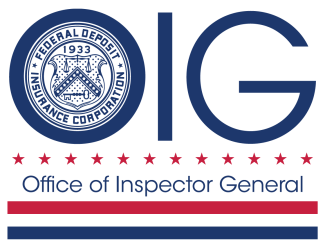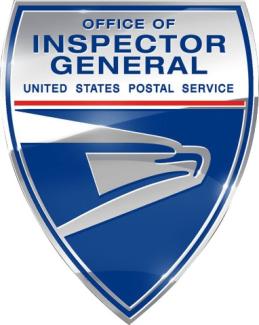In early 2021, AmeriCorps received $1 billion in supplemental funding under the American Rescue Plan (ARP) primarily to award grants in support of its programs. These funds were to remain available until September 30, 2024. On June 3, 2023, however, Congress rescinded all unobligated AmeriCorps ARP program funds. As part of our oversight of ARP funds, the AmeriCorps Office of Inspector General (AmeriCorps OIG) identified more than 100 Notices of Grant Award involving ARP funds issued after June 3, 2023. Although AmeriCorps’ position is that these grants could still be awarded because they were obligated prior to the recission when the CEO certified the award package containing the grants, the certification dates were not recorded in AmeriCorps’ systems or clearly articulated in its policies and procedures, resulting in AmeriCorps’ inability to accurately determine the status of funds. Our review also determined that Federal appropriation law, relevant precedent, and AmeriCorps’ own accounting treatment of when grant funds are obligated raise concerns that more than $144 million in ARP funds are at risk of having been obligated after they were rescinded by Congress. This alert highlights the need for AmeriCorps to seek a formal opinion from the Government Accountability Office (GAO) regarding whether AmeriCorps obligated rescinded ARP funds and to improve its policies, documentation, and recording of all key steps in its grant award process.
| Report Date | Agency Reviewed / Investigated | Report Title | Type | Location | |
|---|---|---|---|---|---|
| AmeriCorps | Management Alert: Concerns Regarding the Obligation of Rescinded Pandemic Funds and Grant Process Documentation | Other | Agency-Wide | View Report | |
| Office of Personnel Management | Audit of the Federal Employees Health Benefits Program Operations at Health Net of California, Inc. - Northern and Southern Regions | Audit | Agency-Wide | View Report | |
| National Science Foundation | FY 2024 Government Charge Card Letter- National Science Foundation | Other |
|
View Report | |
| U.S. Agency for International Development | Financial Audit of USAID Resources Managed by Kenya Red Cross Society Under Multiple Awards, January 1 to December 31, 2022 | Other |
|
View Report | |
| U.S. Agency for International Development | Audit of the Schedule of Expenditures of International Center for Agribusiness Research and Education, Innovative Agriculture Training and Learning Camp Program in Armenia, Cooperative Agreement 72011120CA00001, January 1 to December 31, 2023 | Other |
|
View Report | |
| Department of Defense | Audit of the DoD’s Process for Authorizing Third Party Organizations to Perform Cybersecurity Maturity Model Certification 2.0 Assessments | Audit | Agency-Wide | View Report | |
| Federal Deposit Insurance Corporation | DOJ Press Release: California Couple Sentenced for Defrauding Paycheck Protection Program | Investigation | Agency-Wide | View Report | |
| Federal Deposit Insurance Corporation | DOJ Press Release: Hampton Woman Pleads Guilty to $161 Million Mortgage Fraud Scheme | Investigation | Agency-Wide | View Report | |
| U.S. Postal Service | Fiscal Year 2024 Officers' Travel and Representation Expenses | Audit | Agency-Wide | View Report | |
| Department of Energy | Congressional Request: Review of the Secretary of Energy’s Electric Vehicle Road Trip Travel Expenses | Other |
|
View Report | |









